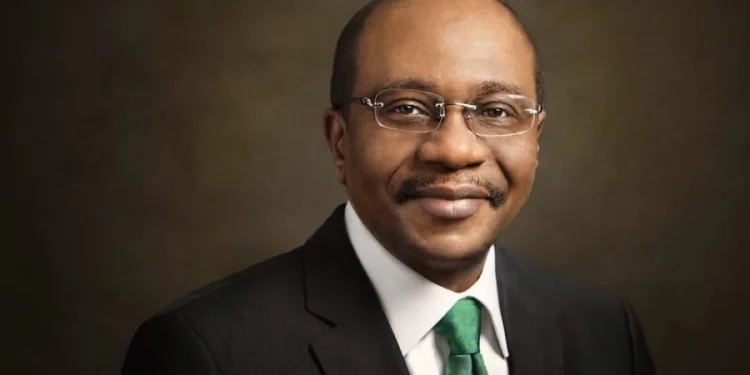Key highlights
- The MPC increased the monetary policy rate from 17.5% to 18%
- Economists say the increase will put businesses in a difficult position and slow the economy down
- Say the economy is in transition and should be observed before raising the rate
- Headline inflation rose to 21.91% in February 2023, from 21.82% recorded in the previous month
Negative reactions have trailed yesterday’s decision by the Monetary Policy Committee (MPC) of the Central Bank of Nigeria to raise the monetary policy rate to 18%, from the previous 17.50%.
Among the critics are economic experts who said the move would have negative consequences on businesses and the economy at large.
The MPC had cited that the increase in the rate was to further tame inflation. However, experts say the new rate would have a counter-effect on businesses and by extension, the larger economy.
Investors will be affected by the hike
Reacting to the development, the Chief Executive of the Center for the Promotion of Private Enterprise (CPPE), Dr. Muda Yusuf, said the victims of the continuous hike in the monetary policy rate are the investors in the real economy and other entrepreneurs in the economy.
He stated that an increase of the MPR to 18% means an additional burden on business as it will result in a spike in the cost of credit. He said production costs will increase, sales will drop, profit margins will shrink and investors’ confidence will be negatively impacted. Yusuf said:
“The reality is those ways and means financing, high energy costs, and foreign exchange challenges are much bigger factors in the inflation equation.
He added that the CPPE is concerned about the stifling effect of the high CRR of 32.5% on the banking system stability and financial intermediation role of the banking system.
- “The CBN should pay greater attention to financial system stability at this time. Recent developments in the global financial system underscore the imperative of cautious interest rate hikes,” he said.
- “It is regrettable that the CBN governor did not acknowledge the pains and sufferings that ordinary citizens have been going through on account of the cash crisis. The CBN governor should have shown some empathy and apologized to Nigerians for the trauma inflicted by the cash crisis,” he said.
Focus on sustained economic growth
The CEO of Cowry Assets Management Limited, Johnson Chukwu, noted that GDP growth has fallen amid Nigeria’s high-interest rate environment. He said:
- “So the important thing is that there should not be any further increase in interest rate given that we are beginning to see a moderation in the inflation rate, and we have seen a level of stability in the exchange rate.”
He added that the focus should be to sustain some level of economic growth. He said if he were on the committee he would not push for further increases because any further increase would worsen the state of the economy, especially the real sector. He said the economy is still fragile, so no measures should be taken at this point where the parameters have reversed.
- “Inflation has reversed; so no measures should be taken to jeopardize the economy,” Chukwu said.
CBN needs to consider IMF’s warning
Moses Igbrude, the national coordinator of the Independent Shareholders Association of Nigeria said it is noteworthy that the IMF has alarmed that at least a third of the population of the world will sink into recession in 2023; as such, the CBN, as a matter of responsibility, must do what is needed to ensure that Nigeria’s interest rates are competitive.
Igbrude said if the rate is increased, it will further increase the cost of borrowing, which will in turn, ultimately increase inflation in the country. He said the ongoing transition to a cashless economy may have an impact on the rate of inflation, which would be worth the wait of the CBN before increasing or decreasing the rate.
On the flip side, an economist at Cashlinks Trust, Philip Obi, said as of the last release of inflation figures by the National Bureau of Statistics (NBS), inflation was much higher than the monetary policy rate.
He said if the official interest rate is lower than the rate of inflation, it would negate the CBN’s effort to rein in inflation since there would be no incentive to invest in securities that would yield less than the rate of inflation. He however cautioned that the economy is in a mini transition so there is no need to cause any panic in the economy by changing the rates.
He stated that by increasing the MPR, it would be more expensive to borrow money for investment, thereby increasing the cost of goods and services. He also stated that increasing the MPR may discourage investors from borrowing money, thereby slowing economic growth.
For the record
Headline inflation rose to 21.91% in February 2023, from 21.82% recorded in the previous month, representing its highest level since September 2005. Nairametrics reported that the CBN governor cited factors such as planned subsidy removal as the major reason why it needs to tighten inflation.
The CBN governor also included rising prices of other energy sources, continuing exchange rate pressure, and certain climatic conditions as further reasons why the rate hike was voted for.
